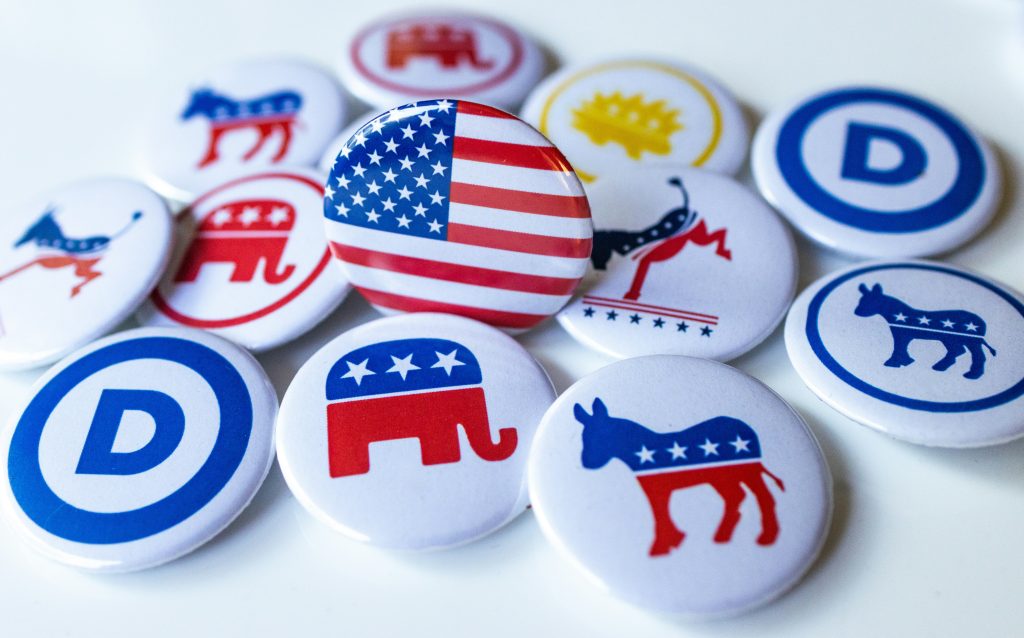Presidential Race Heats Up: Candidates Vie for 270 Electoral Votes
As the race for the presidency intensifies, the latest forecasts reveal a competitive landscape among candidates vying for the crucial 270 electoral college votes needed to secure victory. The electoral map is shifting, with various states becoming battlegrounds that could tip the scale in favor of one candidate or another. Voters are closely watching the dynamics of this election cycle, as polls indicate fluctuating support across different demographics and regions. Each candidate is strategizing their approach, aiming to capitalize on key issues and voter sentiments to gain an edge. Early voting has already begun in several states, and the turnout is expected to be higher than in previous elections, reflecting the electorate’s heightened engagement and interest in the political process. With debates approaching, candidates are preparing to showcase their visions and respond to pressing questions that resonate with the public. The stakes have never been higher, and as election day draws nearer, the tension is palpable. Voters are encouraged to stay informed and participate actively in this pivotal moment in democracy, as every vote will count in determining the future direction of the country. As we analyze the electoral landscape, it becomes evident that both the candidates and the electorate are navigating an unprecedented political environment, making this election one for the history books.
Tags: election results, Electoral College, Presidential Election
Missouri Election Results: A Turning Point in Local Politics
The recent election results in Missouri have ushered in a significant shift in the political landscape of the state. Voters across various districts have made their voices heard, signaling a possible change in priorities and governance. The turnout was notably high, reflecting a growing engagement among citizens in the political process. Key issues that dominated the campaign included education reform, healthcare access, and economic development. Candidates emphasized their commitment to addressing these concerns, resonating with a populace that is increasingly demanding accountability and transparency from their elected officials. As the new officials prepare to take office, the implications of these results will be felt not just within Missouri, but potentially as a bellwether for upcoming elections across the nation. Political analysts are closely watching the newly elected representatives, who campaigned on platforms promising to challenge the status quo and bring fresh perspectives to long-standing issues. The dynamics of local governance are expected to evolve, with a focus on collaboration and community engagement. The election results have sparked discussions about the future of party affiliations in the state, with some voters expressing a desire for more independent candidates who can bridge the divide between traditional party lines. As Missouri moves forward, the outcomes of this election could serve as a template for other states grappling with similar challenges. The pathway ahead is fraught with both opportunity and uncertainty, but one thing is clear: the electorate is eager for change and ready to hold their leaders accountable for the promises made during the campaign. As the dust settles on this election, all eyes will be on Missouri to see how these new leaders will navigate the complex issues facing their communities and whether they will fulfill the aspirations of the voters who put them in office.
Tags: election results, local governance, Missouri election results, Missouri politics, voter engagement


